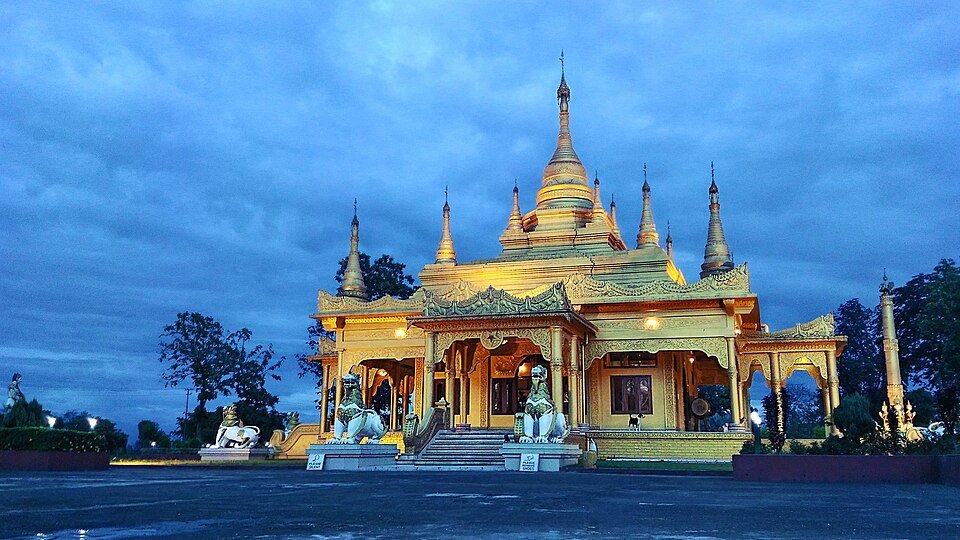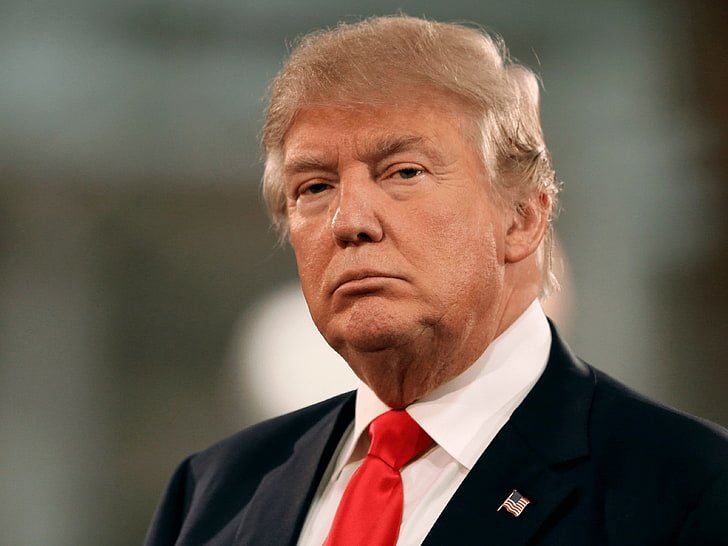China Reasserts Claim Over Arunachal Pradesh by Renaming Locations: India Strongly Opposes
In a move that has further escalated tensions along the contested border between the two Asian giants, China has once again declared its right to rename locations within a region it calls “Zangnan,” which India recognizes as Arunachal Pradesh. The Chinese government maintains that the region has always been a part of its historical, geographical, and administrative domain, despite India’s consistent and vocal opposition.China Reasserts
This latest development highlights the continuing strain in Sino-Indian relations, particularly regarding territorial claims along their disputed border. The disagreement over Arunachal Pradesh is part of a broader and long-standing border conflict between the two countries, which have fought wars and skirmishes over their contested boundaries.China Reasserts
China’s Justification: Historical and Administrative Claims
In its recent statements, China’s Foreign Ministry emphasized that renaming places in what it considers to be Chinese territory is a “normal internal matter.” Chinese officials argue that this practice reflects administrative continuity and is aimed at reaffirming the country’s control over what it sees as its sovereign land. They claim that the region, which they refer to as Zangnan, has deep historical ties to Chinese civilization and governance.China Reasserts
“Standardizing the names of geographical locations in Zangnan is within China’s sovereign rights,” a spokesperson from the Chinese Foreign Ministry stated. “This is a routine administrative action that reinforces our historical claims and national unity.China Reasserts”
China has released several lists of renamed places over the past few years. These include the Chinese names for towns, rivers, mountain passes, and other geographic features in Arunachal Pradesh. Officials assert that these names are consistent with ancient Chinese records and maps, arguing that such documentation legitimizes their claim.China Reasserts
India’s Firm Rebuttal: “Arunachal Pradesh is an Integral Part of India”
India has dismissed China’s actions as politically motivated and symbolic, without legal standing. The Indian Ministry of External Affairs has repeatedly emphasized that Arunachal Pradesh is and will always remain an integral part of India. In response to China’s renaming initiative, India reiterated that changing place names does not alter the reality on the ground.China Reasserts
“We reject this outright,” an Indian government official stated. “Assigning invented names does not make an illegal claim legitimate. Arunachal Pradesh was, is, and will always be a part of India.”China Reasserts
Indian authorities have also raised concerns over China’s attempts to assert sovereignty through what they call “cartographic aggression.” Renaming places, constructing maps, and even building infrastructure in disputed areas are seen by New Delhi as part of a larger pattern of Chinese expansionism.China Reasserts
A Pattern of Escalation
This renaming episode is not the first of its kind. China had previously released lists of renamed locations in Arunachal Pradesh in 2017, 2021, and 2023. Each time, India responded with strong objections, asserting that unilateral name changes by China are irrelevant to India’s sovereignty.China Reasserts
What makes the current move more provocative is the timing. The announcement came shortly after high-level talks between the two countries aimed at reducing tensions along the Line of Actual Control (LAC). The talks, however, have yielded limited results, with both sides maintaining a heavy military presence in the Himalayan border regions.
The two countries share a 3,488-kilometer-long border, much of which is poorly demarcated. Arunachal Pradesh, located in India’s northeast, borders the Tibet Autonomous Region of China. While India administers the region as one of its 28 states, China continues to claim around 90,000 square kilometers of it as part of southern Tibet.China Reasserts
Military Tensions and Diplomatic Fallout
The border dispute has often led to standoffs and military skirmishes. The most serious recent conflict occurred in June 2020, when Chinese and Indian troops clashed in the Galwan Valley in Ladakh. That violent confrontation left at least 20 Indian soldiers dead, with China later acknowledging four casualties on its side, though independent reports suggest the numbers may be higher.China Reasserts
Since then, both sides have ramped up infrastructure development along the border, including roads, bridges, helipads, and military installations. While dialogue continues through military and diplomatic channels, mutual suspicion and nationalist sentiments have made de-escalation difficult.China Reasserts
India’s strategic partnership with Western powers, particularly the United States, has further strained relations with China. As a member of the Quad alliance—alongside the U.S., Japan, and Australia—India has increased defense cooperation in the Indo-Pacific region, a move China views with suspicionChina Reasserts.
In contrast, China continues to build strong bilateral relations with Pakistan, a long-time rival of India, and is actively involved in infrastructure projects in disputed areas under the China-Pakistan Economic Corridor (CPEC). India views these developments as strategic encirclement.China Reasserts
International Reactions and Legal Implications
While the international community has largely stayed neutral on the China-India border dispute, many countries support the need for peaceful dialogue and adherence to established international borders. Renaming places, especially in contested areas, is widely seen as a provocative act that undermines efforts to maintain regional stability.
Legal experts argue that unilateral name changes have little to no impact under international law. “Changing the names of towns or features in disputed territories does not strengthen a country’s claim under international law,” said a senior international relations scholar. “What matters is effective control, governance, and historical treaties, not symbolic gestures.”
See More:
Local Reactions in Arunachal Pradesh
In India, particularly in Arunachal Pradesh, the local population has consistently rejected China’s territorial claims. Residents, many of whom belong to indigenous tribes with rich cultural and historical identities, identify strongly as Indian citizens and express little affinity with China.
Local leaders and politicians have also condemned China’s actions, calling them an affront to Indian sovereignty and an attempt to rewrite history. Several lawmakers from Arunachal Pradesh have urged the central government to respond more forcefully and to invest in infrastructure and development projects in the region to counter China’s influence.
A Geopolitical Flashpoint
The ongoing dispute over Arunachal Pradesh—Zangnan in China’s nomenclature—serves as a constant reminder of the fragile peace along the Himalayas. While both countries claim to seek diplomatic solutions, their actions on the ground often tell a different story.
China’s repeated attempts to rename areas in Arunachal Pradesh may not change the legal status of the region, but they serve as a powerful political message. They reflect Beijing’s determination to assert territorial claims not just through military or diplomatic channels but also through soft power and administrative tactics.
For India, the challenge lies in balancing a firm defense of its sovereignty with the broader need to maintain regional stability and avoid further escalation.
As the situation continues to unfold, all eyes remain on how both nuclear-armed nations choose to navigate this sensitive and volatile issue—through dialogue, deterrence, or confrontation.Arunachal Pradesh




